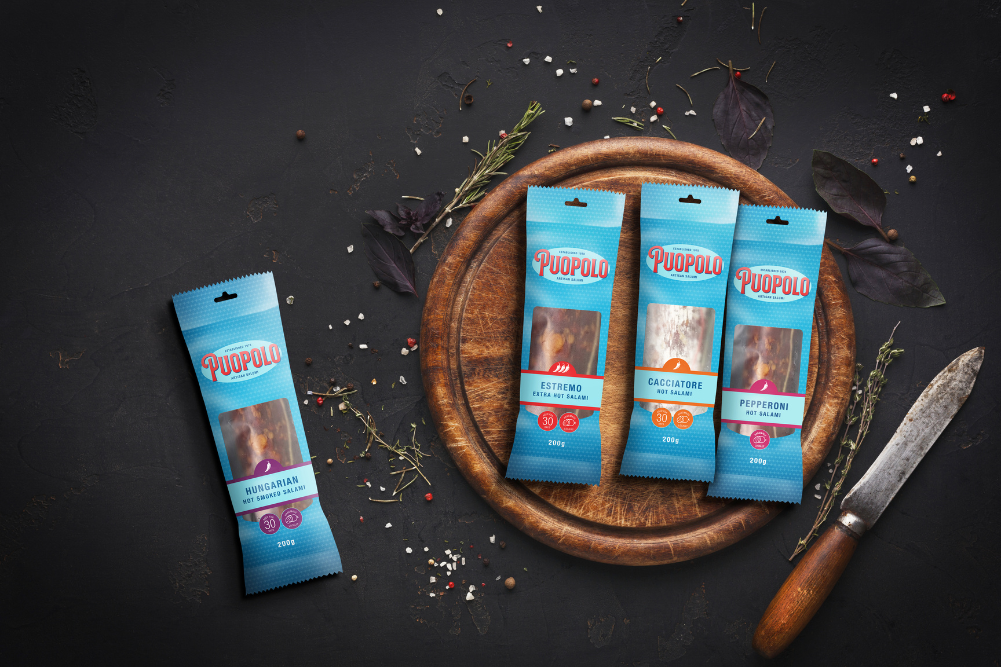We chat to Ian Gawler, founder of The Gawler Cancer Foundation
When did the Gawler Cancer Foundation begin?
The Gawler Cancer Foundation began out of my own personal experience with cancer and a heartfelt wish to help others with what I had learnt. It all started in 1975 when, as a young veterinarian and decathlon athlete, my life was inextricably changed by a diagnosis of bone cancer and consequent leg amputation. This all unfolded in the early pioneering days of mind-body medicine — which I embraced fully. I was fortunate to experience a remarkable recovery, news spread and many people enquired as to how I had survived. This led to the inspiration to bring people together so we could learn, share experiences and support each other.
The first cancer group was non-residential and held in a house in Melbourne in 1981. In 1984, the work had expanded greatly, residential programs commenced and the foundation was established as a not-for-profit charity to foster its development. In 2010, I retired from official duties at the Foundation but I still enjoy time as a guest facilitator presenting various meditation retreats and programs.
What was your initial vision and how has that changed over time?
The initial vision for the Gawler Cancer Foundation was very much about helping people to use their own resources to support their recovery from cancer. When it started in the early ‘80s, many had the expectation that “you develop cancer and you die”. The medical profession at that time had no belief that individuals could activate their own immune systems and healing potential in a way that could meaningfully contribute to their recovery. So ours was something of a radical stance for those days. Today, some of the amazing new anti-cancer drugs specifically target immune function so, more than ever, this vision of stimulating your immune system stands. The foundation empowers people to play an active part in the healing process — in body, emotions, mind and spirit. This forms part of a truly integrative approach.
Can you please share with us your journey with cancer?
The initial diagnosis and leg amputation in 1975 brought about such profound change in my life that it revealed the central role of the mind. It became clear that, if I were to focus on what I had lost, life would be miserable. Instead, I focused on what was possible and a whole new life emerged. But when secondary cancer appeared later in 1975, there were no medical treatment options and my life expectancy was put at 3–6 months. So, again, my mind was central. It was my mind that decided whether to give up or aim for recovery. This was accomplished through learning positive thinking, relaxation, concentration, meditation, contemplation and guided imagery techniques.
Can you please describe a typical day on retreat?
Participants in the Foundation’s retreat programs awake to the deep, natural peace of the Upper Yarra Valley. Group meditation is the first activity of the day, supported by an atmosphere of peace, tranquillity and healing. Breakfast follows and, like all meals, it is largely organic with much of the produce coming from the centre’s extensive gardens. The quality of the food is amazing. During the educational sessions, the group meets to discuss and learn new possibilities with the focus on what is possible, what lifestyle choices there are and what each person can do for themselves at home that will be practical and effective. The days are designed to use people’s time meaningfully but to include time for rest, reflection and regeneration.
What type of meditation is practised at Gawler?
The method of meditation taught by me and practised at The Gawler Cancer Foundation is Mindfulness-Based Stillness Meditation (MBSM). From our experience, this is an ideal method for everyone interested in meditation for health, healing and wellbeing. The aim is to learn to relax the body, calm the mind and progress using mindfulness techniques into the deeper stillness of meditation.
What is Gawler’s unique approach to healing?
The Foundation’s approach is about lifestyle medicine: what people can do for themselves. This is different from the approach of conventional medical treatments and even natural therapies that aim to do something useful to or for people. While these “external” healing modalities can have real benefits, we are specifically interested in the “internal” ones. Our retreats address the therapeutic potential of what we eat and drink, how we manage our emotions, how we train and use our minds and what meaning and purpose we find in our lives.
What are your top three tips for living a life free of disease and stress?
Eat good food, meditate and connect with your purpose and meaning in life. All else flows from there.
What’s next for you and the foundation?
We will always continue to offer real hope, but when the foundation started there was a lack of information. Now, we are in information overload; the mixed blessings of the technological age. We are seeking new ways to help people sift through all the information and to make informed choices. This necessitates embracing new technologies and the possibilities that are there with new media. Personally, I have been involved in developing two meditation apps: one is a meditation course; the other enables other meditation teachers to support their students by uploading their material easily and cost-effectively. However, my sense is that, amid all the technology, people are coming once again to recognise the power of community.








